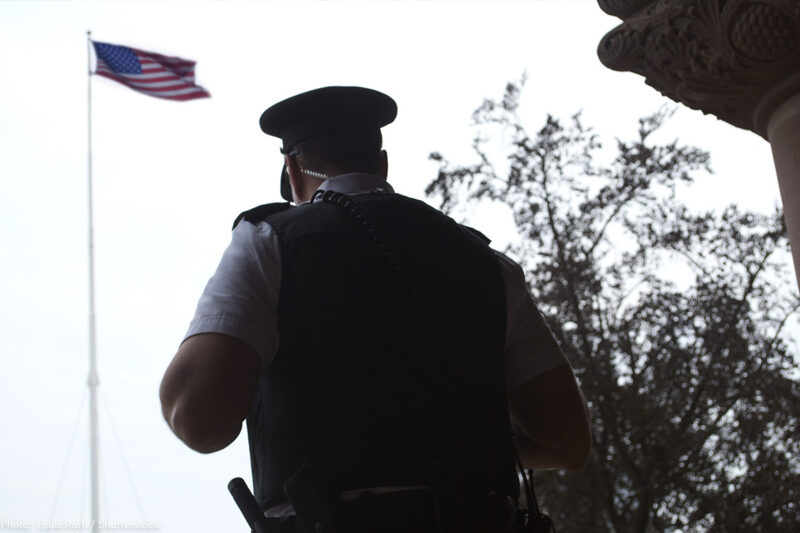The Public Deserves to Know Whether They Can Trust Police Officers Who Testify in Court


In New Hampshire, police officers are given special protections: Their personnel files are deemed confidential by the government. At the same time, to ensure that criminal defendants can present a strong defense, both the New Hampshire and require that defendants have access to evidence that might help their case, including exculpatory evidence in a police officer’s personnel file.
The state’s “Laurie List,” named after , was created in an attempt to reconcile these two conflicting principles. Officers’ names may be placed on the list for incidents relating to their truthfulness or credibility. This would include, for example, a deliberate lie during a court case, the falsification of records or evidence, any criminal conduct, egregious dereliction of duty, or excessive use of force.
But there’s a glaring problem with the Laurie List: It’s secret.
Currently, there are on the list, but their identities remain unknown outside of the halls of the New Hampshire Department of Justice, each county prosecutor’s office, and local police departments. This secrecy means that the public is left unaware of which officers in their towns have had issues concerning their truthfulness or credibility. It also means that defense lawyers have no way to verify whether state prosecutors are properly disclosing to defendants in criminal cases when a testifying officer has a credibility issue.
The ACLU of New Hampshire and six newspapers believe this arrangement is an ongoing recipe for disaster, which is why we the secrecy of this list in state court last week. As our lawsuit explains, under New Hampshire law, this list is a public record and should be disclosed to the public. Any privacy interest held by the 171 officers on the list, who have engaged in misconduct that bears on their credibility or truthfulness, must yield to the common good.
In a democracy, the public has a right to know if they can trust the public servants who are given the authority to take away their liberty. Anything less undermines confidence in the state’s criminal justice system. As the lawsuit notes:
“Keeping information secret, especially when it comes to police behavior and how prosecutors do their jobs, only creates distrust and suspicion that minimizes the hard work and dedication shown by the overwhelming majority of law enforcement professionals.”
The system is already imperfect, and this secrecy makes it worse. On multiple occasions, the state a criminal defendant that an officer involved in their case was on the list. Furthermore, a single corrupt officer may affect dozens of cases. The firing of a police detective in Manchester, New Hampshire, forced prosecutors to . In a separate incident, after two officers were fired for allegedly lying about a case, .
The stakes of keeping the Laurie List secret are simply too great. The state must produce the list and make it public for all to see.
Every day across the nation, the ACLU is called on to defend all the freedoms guaranteed in the Constitution and the Bill of Rights. There's never been a more important time to support the ACLU and our effective work to protect civil liberties. If you like what you just read, help us continue to speak freely by .


